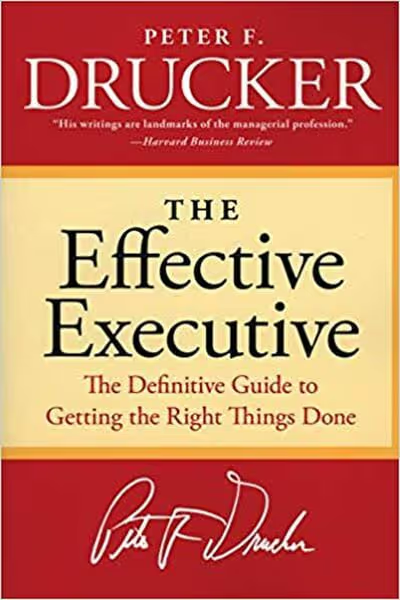Francis Crick
Francis Crick, who died in 2004 at the age of 88, will go down in history as one of the greatest scientists of all time, alongside Galileo, Darwin, and Einstein. He launched and led a revolution in biology between 1953 and 1966 by uncovering, quite literally, the secret of life: the genetic code, the digital cypher at the core of heredity that separates living from non-living objects. His personal discoveries include not just the double helix but also the whole process of protein synthesis, the three-letter nature of the code, and much of the code itself, despite the fact that he always worked with one other collaborator and performed much of his thinking in discussion.
Crick's life is chronicled in Matt Ridley's biography, which follows him from middle-class mediocrity in the English Midlands, through a mediocre education and six years developing magnetic mines for the Royal Navy, to his decision to pursue biology at the age of thirty-one. While at Cambridge, he began to exhibit the rare visual creativity and tenacity of thinking that would enable him to see the answers to numerous major scientific puzzles — and to see them far before other biologists had even considered the issues. He came to California at the age of sixty, having succeeded in determining what keeps living animals alive. He then turned his focus to the second topic that had captivated him since childhood: What makes conscious beings aware? He didn't have enough time to get the answer before time ran out.























































